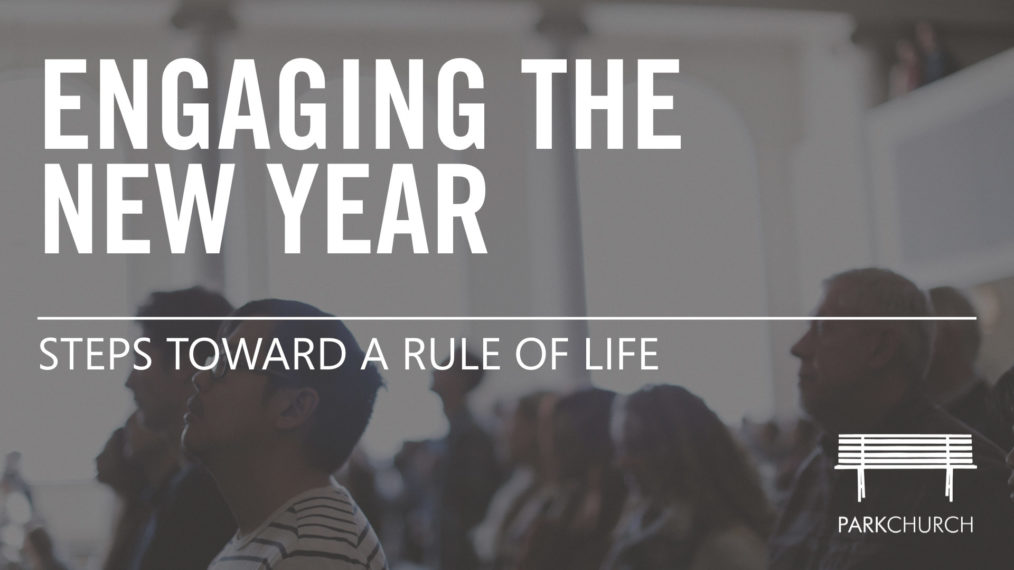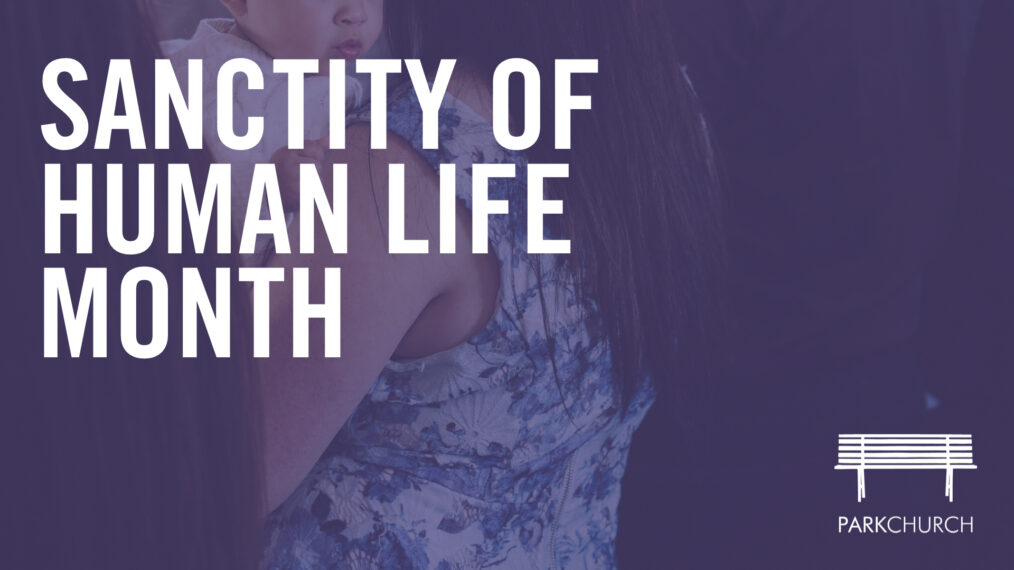This will be week two of Matthew, where we’ll discuss the birth of Jesus Christ. The Gospel According to Matthew is one of the earliest biographies of Jesus, presenting Jesus not as a mere historical figure, but as “good news” for the world that should reshape every part of life.
Here’s how you can prepare for this Sunday:
1. Read our text, Matthew 1:18–24.
The word for “birth” in the first line of this section is the same word used in the opening line of the gospel, “genesis”, which means “beginning” or “origin.” The first few stories that Matthew includes in his gospel are designed to help us understand Jesus’ origin story—who He is, where He came from, and why He is particularly suited for His mission. This origin story in particular is full of miraculous events, dramatic controversy, and astonishing promises.
2. Read, pray, and sing through the service:
CALL TO WORSHIP: Matthew 1:21–23, Greeting:
To those in darkness who need a shining light,
To those in fear who need a strong hand,
To those who sin who need a rescuing Savior,
To those in anxiety who need a comforting voice,
May you hear the voice of Jesus crying out to you today:
“Come to me, all who labor and are heavy laden, and I will give you rest. Take my yoke upon you, and learn from me, for I am gentle and lowly in heart, and you will find rest for your souls.”
Before The Throne Of God (Charitie Lees Bancroft arr. The Modern Post)
Come Thou Fount (Advent) (Luke Brawner, Robert Robinson, John Wyeth)
CONFESSION OF SIN: Adapted from Every Season Prayers by Scotty Smith:
Dear heavenly Father, we rejoice in the gift of your Son, Jesus—
Immanuel, God with us and God for us.
Even as we trust in His finished work, we long for the fullness of Jesus’ kingdom.
Until that day, grant us power to grow in the love of Christ.
For we are weak, and foolishly prone to look to people,
places and things to fill us up. Grant us grace to mature in the likeness of Jesus.
For we are broken, and we cannot change our hearts, left to our own resources.
Grant us joy in living to the praise of Your glory.
For we are deceived, and we spend too much energy living for comfort and the approval of people.
Have mercy on us, O Lord, have mercy on me.
In Jesus’ loving and trustworthy name we pray. Amen.
ASSURANCE OF PARDON: Titus 3:4–6
Come Ye Sinners (Joseph Hart arr. Robbie Seay)
GREETING, SERMON, RESPONSE & COMMUNION
God With Us (Jason Ingram, Leslie Jordan)
Jesus Paid It All (Elvina Hall, Kristen Stanfill arr. James Lepine)



